What Properties Qualify For An Exchange
Properties that qualify for a 1031 exchange in Charleston must be real estate held for investment or business use. These include rental homes, apartment buildings, commercial properties, and raw land. However, personal residences and property held for resale do not qualify.
IRS Rules for a 1031 Exchange in Charleston
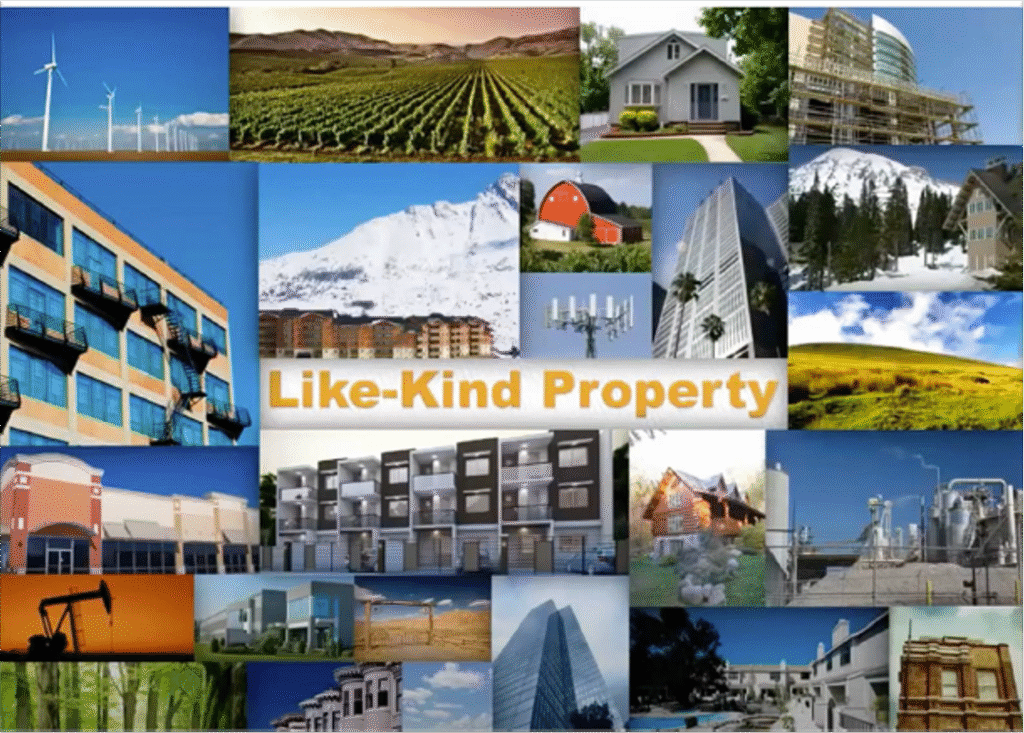
Section 1031(a)(1) of the Internal Revenue Code explains that you can defer capital gains taxes when you exchange property held for investment or business for like-kind real estate. However, Section 1031(a)(2) makes it clear that property held primarily for sale or personal use does not qualify.
Examples of Qualifying Properties for a 1031 Exchange in Charleston
Charleston offers many property types that qualify for a 1031 exchange. For example:
- A rental duplex in West Ashley
- An apartment building in North Charleston
- Retail space downtown on King Street
- Raw land on Johns Island or Wadmalaw
- Office buildings in Mount Pleasant
- Warehouse or industrial property near the port
What Properties Do Not Qualify for a 1031 Exchange in Charleston
While many investment properties qualify, several categories do not. According to IRS rules, these properties are excluded:
- Primary residences
- Vacation homes or second homes (unless converted to rentals under safe harbor rules)
- Fix-and-flip properties held for resale
- Inventory property
- Partnership interests
1031 Exchange Property Qualification Guide
A quick-reference chart showing which properties qualify for a 1031 exchange in Charleston, SC.
| ✅ Qualifying Properties | ❌ Non-Qualifying Properties |
| Rental houses & Condo’s (long-term) | Primary residences |
| Apartment buildings | Vacation or second homes (unless converted under safe harbor rules) |
| Commercial retail space | Fix-and-flip properties held for resale |
| Office buildings | Inventory property |
| Warehouses / industrial property | Partnership interests |
| Raw land (held for investment) | Personal-use property |
| Farms and timberland | Foreign real estate (outside the U.S.) |
| Multi-family properties |
Note: This chart is for educational purposes only. Always consult with a CPA, tax advisor, or attorney for specific guidance.
Vacation Homes and Safe Harbor Rules for 1031 Exchanges
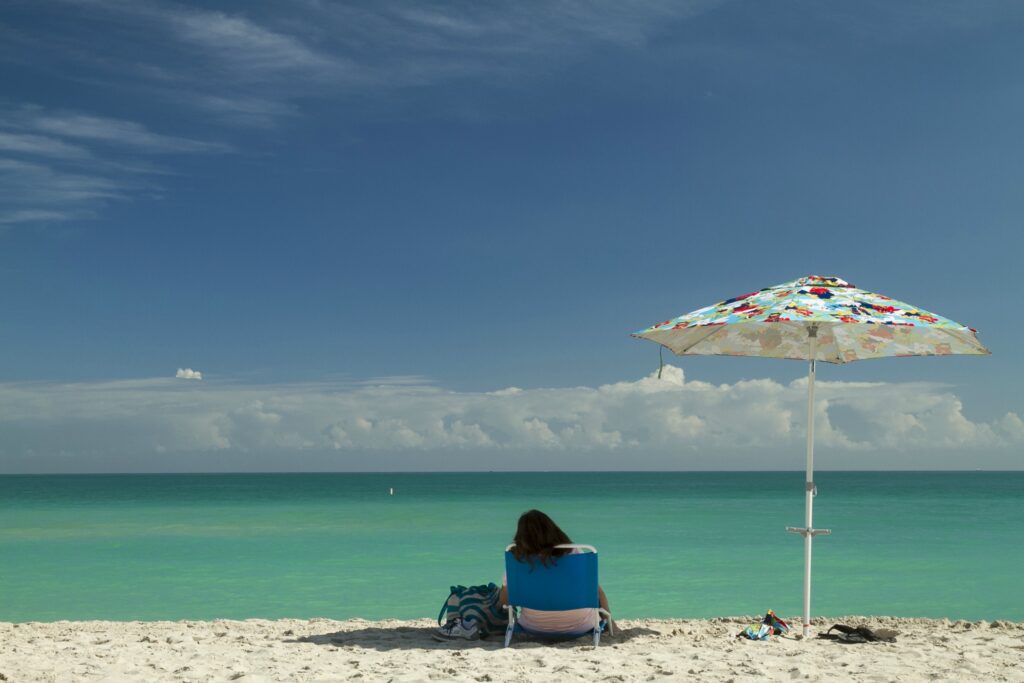
The IRS issued Revenue Procedure 2008-16, which provides a safe harbor for vacation homes. To qualify, the property must be rented for at least 14 days per year at fair market value. In addition, your personal use cannot exceed 14 days or 10% of the total days rented. By following these rules, Charleston investors with vacation homes in areas such as Folly Beach, Kiawah Island, Seabrooke Island, Edisto Beach, Sullivans Island or Isle of Palms may qualify.
The Like-Kind Property Requirement in a 1031 Exchange
Like-kind property does not mean identical property. Instead, it means that both properties are of the same nature or character. In Charleston, you might exchange a rental home in James Island for raw land on Johns Island. Alternatively, you could sell a piece of raw land and purchase a replacement property that is an office building. The flexibility of the like-kind rule makes it attractive for investors looking to reposition portfolios for many different reasons.
How Charleston Investors Apply 1031 Exchange Rules
Recently, real estate the Charleston area has seen significant appreciation which makes knowing what qualifies critical. For example, an investor might sell an appreciated duplex in downtown Historic Charleston and reinvest in a multi-family complex in North Charleston. Another investor could sell a beachfront rental on Isle of Palms and use the proceeds to purchase inland properties with stronger cash flow and higher cap rates. These strategies highlight how local investors apply the IRS rules to maximize returns.
Bill Byrd’s Expert Advice on 1031 Exchange Properties in Charleston
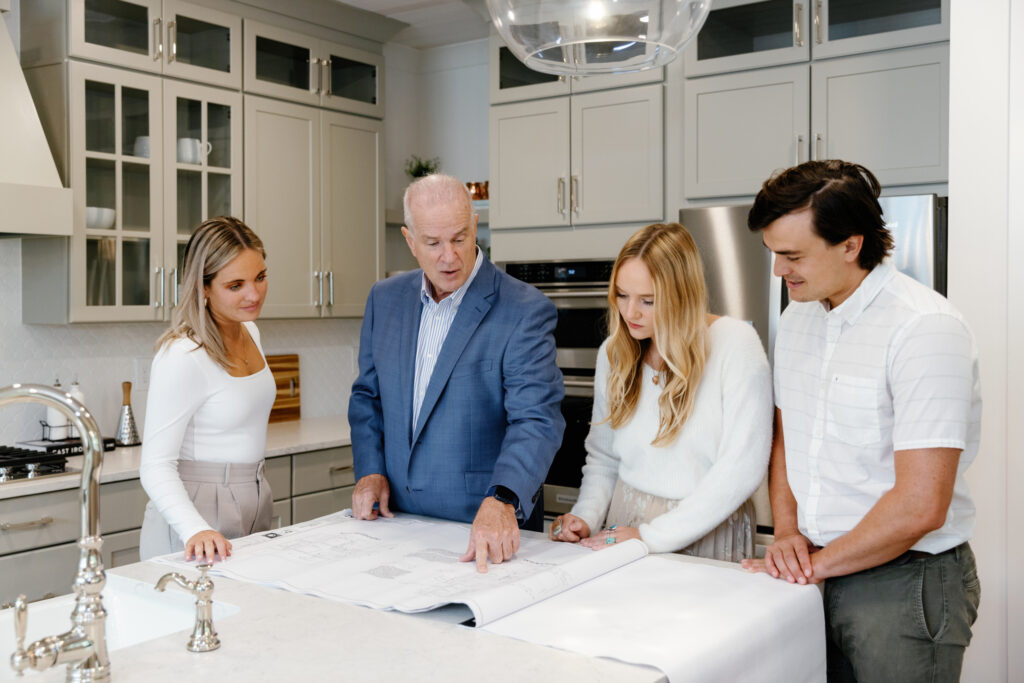
Bill Byrd, a Certified Keller Williams Real Estate Planner, he and his daughter Waverly work directly with Charleston investors to ensure they understand which properties qualify under IRS rules. With decades of experience in residential, land, and commercial transactions, Bill and Waverly emphasize pre-exchange planning and help clients avoid common mistakes. They also connect clients with Qualified Intermediaries, CPAs, financial advisors and attorneys for client specific guidence and to complete compliant exchanges. In addition, Bill teaches 1031 strategies to real estate professionals throughout the Carolinas and Virginia.
Professional Note on 1031 Exchange Property Qualification
This blog is for educational purposes only. It is not tax, legal, or financial advice. Always consult a licensed CPA, tax advisor, or attorney before making 1031 exchange decisions.
Ready to Learn Which Charleston Properties Qualify for a 1031 Exchange?
Not every property qualifies for a 1031 exchange, but many do. When you understand what qualifies, you can defer taxes and build wealth through your Charleston real estate. To find out if your property qualifies, call Bill Byrd at 843-972-7670 today and schedule your consultation.
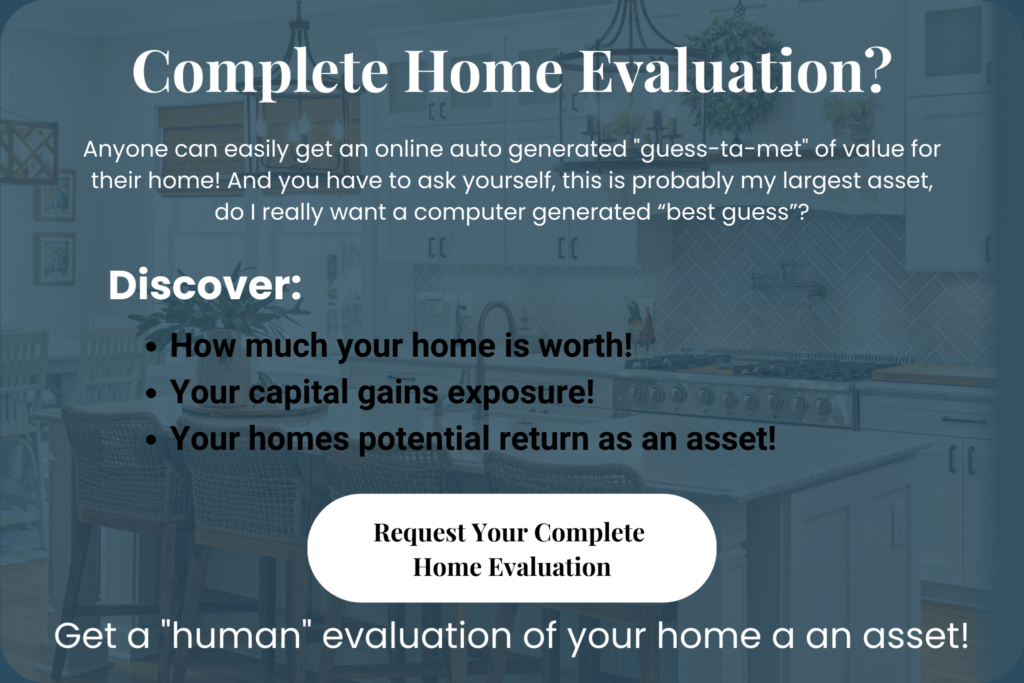
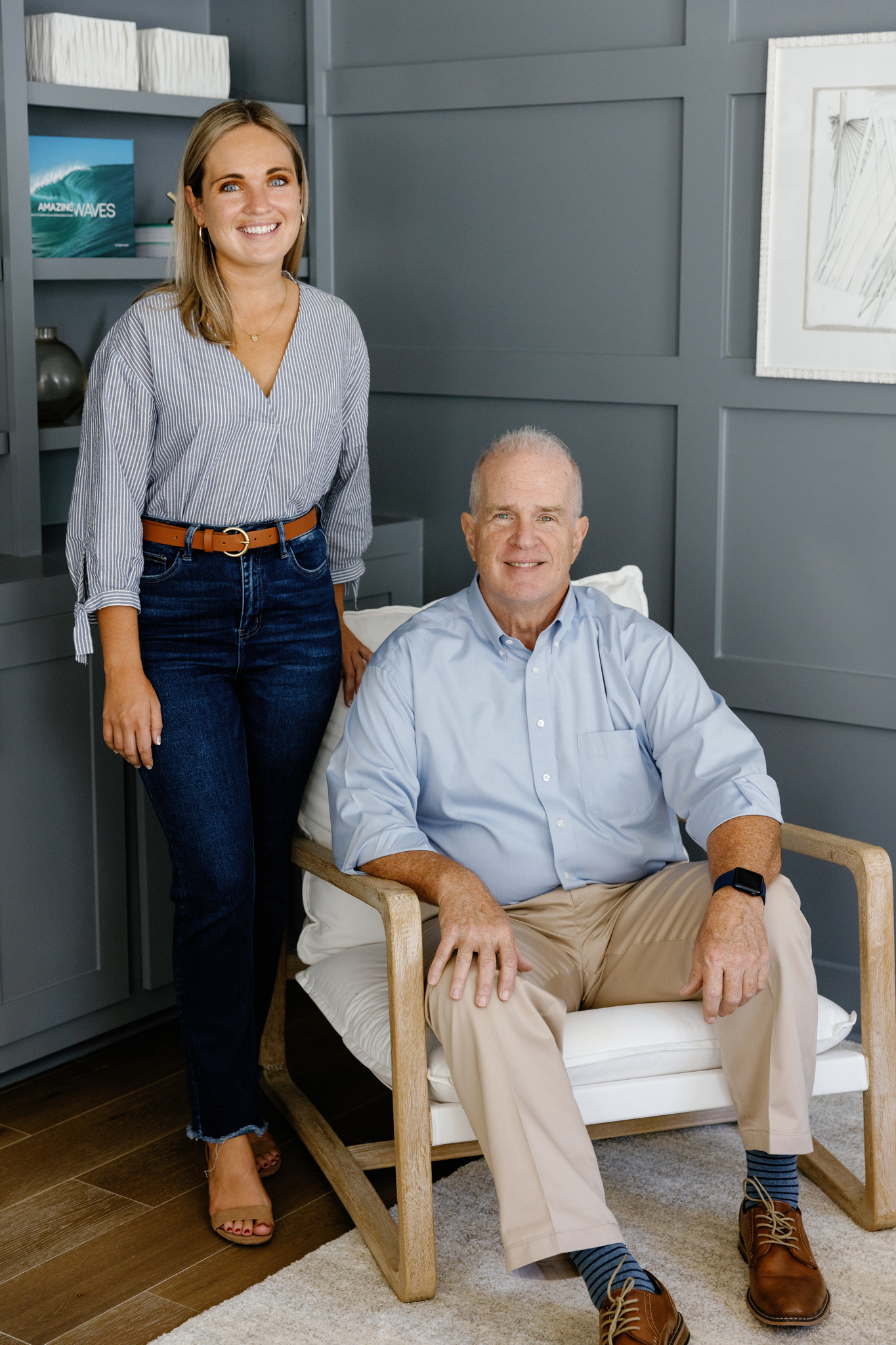
About the Authors
Bill Byrd and Waverly Byrd serve clients throughout the Charleston area as Real Estate Wealth Advisors, helping individuals and families navigate complex property decisions connected to life transitions and long-term planning. Their work often involves, tax-advantaged 1031 exchanges, probate and estate property sales, divorce-related real estate solutions, trusts, and senior relocation, situations where informed coordination and careful timing can significantly impact outcomes.
With decades of experience, Bill and Waverly emphasize education, clarity, and collaboration. They regularly work alongside financial planners, tax professionals, and attorneys to help clients understand their options and align real estate decisions with broader financial and estate planning goals. As a father-and-daughter team, they guide clients through sensitive transactions with discretion, organization, and a steady, well-informed approach across the Lowcountry.
